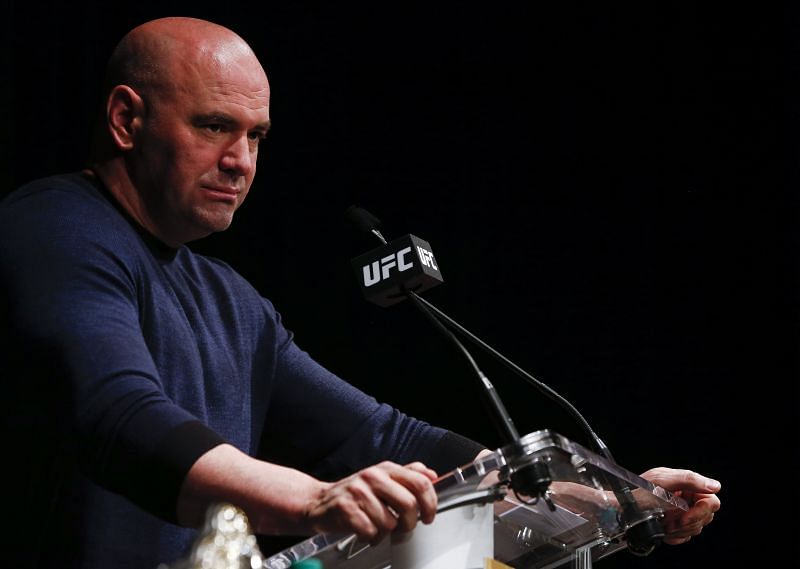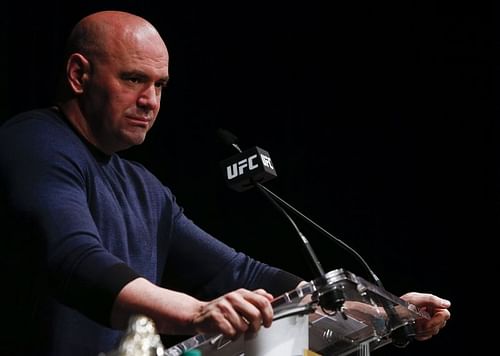
How did Dana White get started with the UFC?

Dana White is the reason that the UFC has achieved the heights that it has today.
Coming from humble beginnings in New England, White made a move to Las Vegas in the 1980s that changed his life forever.
Having already been a boxing coach in Boston, Dana White found a job managing fighters when he got to Vegas. White also managed some athletes who were competing in the UFC back when the promotion was just starting out.
Among those managed by White were two marquee UFC names, Tito Ortiz and Chuck Liddell. The rivalry between the two kept the promotion afloat after it had been banned from pay-per-view and a long list of locations nationwide.
Nonetheless, bankruptcy was a real threat for the UFC, which then belonged to Bob Meyrowitz's Semaphore Entertainment Group. When White learned of Meyrowitz's interest in selling the promotion, he did not miss the once-in-a-lifetime opportunity.
Check out Dana White explaining how he bought the UFC in the video below:
While Dana White was convinced that the UFC would become a multi-billion dollar promotion, he did not have the money to acquire the brand. White turned to an old school friend named Lorenzo Fertitta, whom he had reacquainted with in Las Vegas.
Fertitta had served as commissioner of the Nevada State Athletic Commission. He was making a name for himself along with his brother Frank for their chain of casinos.
In 2001, the Fertitta brothers acquired the UFC in its entirety for $2 million and put Dana White in charge.
How the UFC grew under Dana White
After all the financial troubles, the UFC did not amount to much when Dana White took over. His first task was to help form an agreed upon set of rules that state regulatory bodies could use to sanction the sport.
Among other accomplishments, White supported the development of the Unified Rules of Mixed Martial Arts (MMA) in 2001. They were eventually adopted by the Association of Boxing Commissions (ABC) on July 30, 2009.
Over time, Dana White developed the promotion's marketing and secured corporate sponsorship, leading to a return to pay-per-view.
Meanwhile, Lorenzo Fertitta acquired international competitors and created television partnerships in France, Germany, China, and Mexico, taking the UFC global. White stayed on as president even after the Fertitta brothers sold the company for $4.025 billion in 2016.